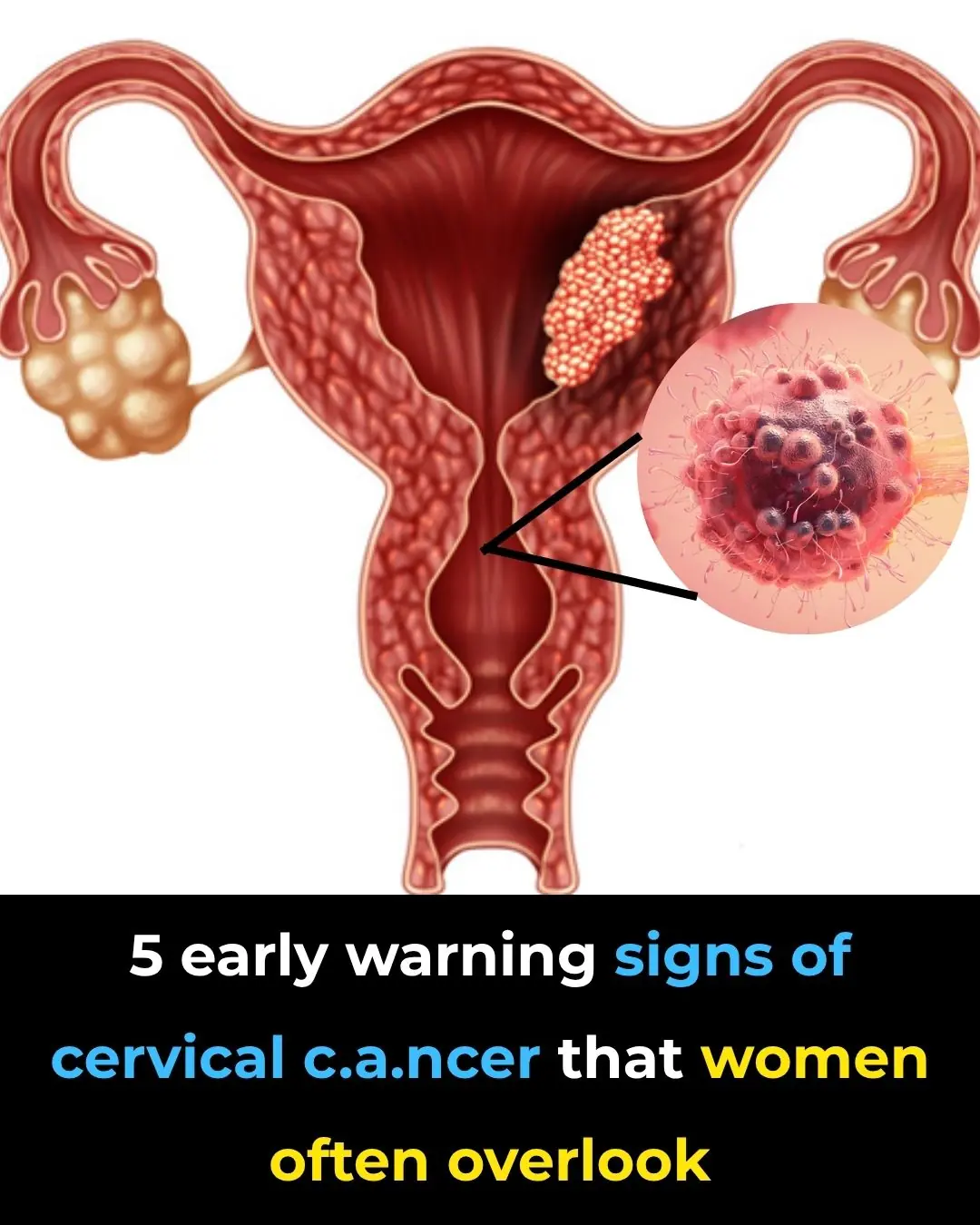
Eat Your Way to Strong Bones: The Best Foods for Pain-Free Joints
Eat Your Way to Strong Bones: The Best Foods for Pain-Free Joints
Many people attribute joint pain and osteoporosis to aging, but the foundation of strong bones and flexible joints is laid right on your plate. Certain common foods actively work against your bone health, while others provide the essential compounds needed for protection and repair.
Let's explore the dietary keys to a healthier musculoskeletal system, starting with the foods to avoid.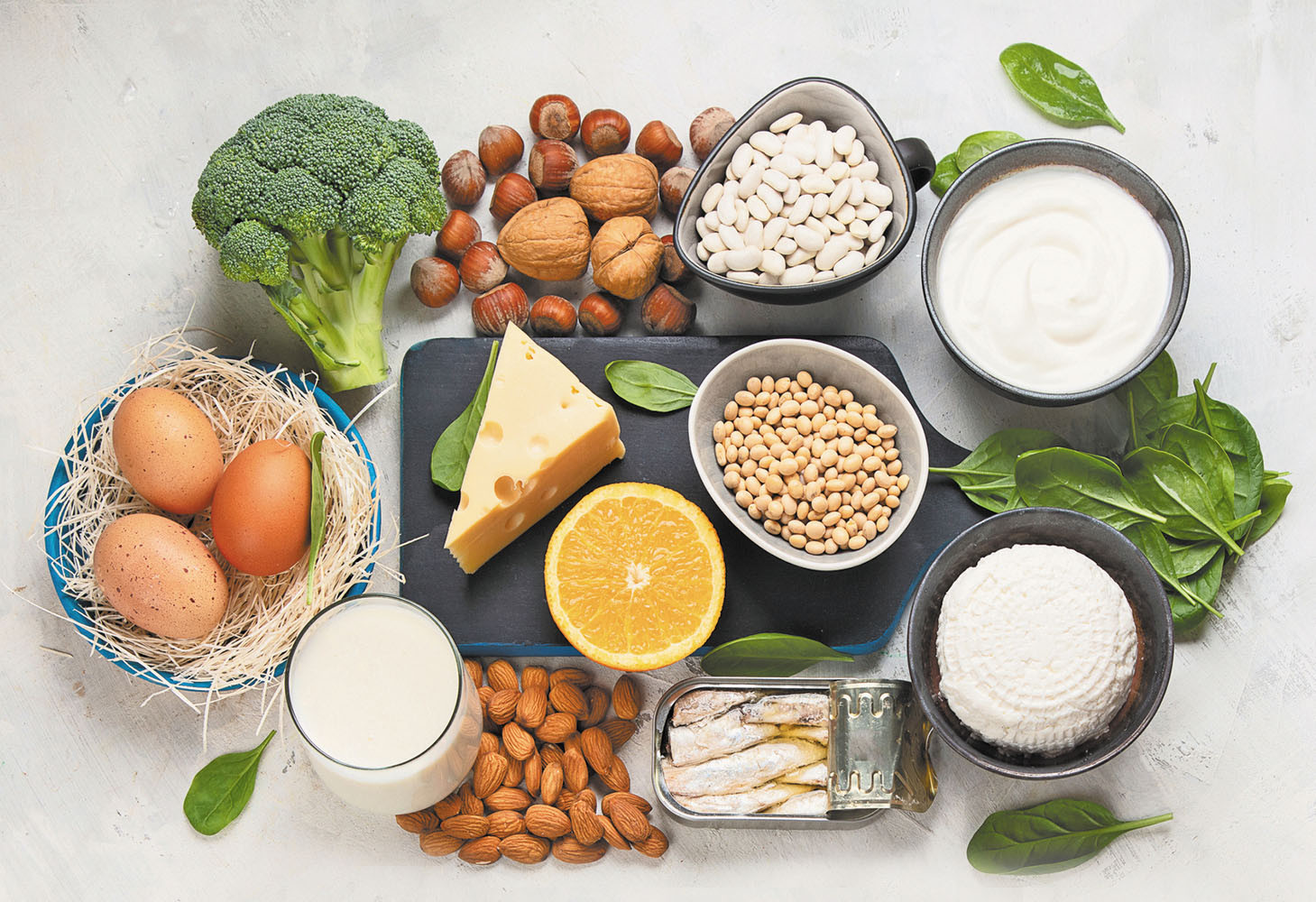
Foods That Actively Harm Your Bones
Some everyday choices can increase inflammation and leach vital minerals from your bones:
-
Sugary Drinks and Sodas: These are a major culprit. They often contain phosphoric acid, which can interfere with the body's ability to absorb calcium and even "steal" calcium from bone tissue. Studies show women who drink soda daily have a higher risk of bone fractures.
-
Processed Meats: Foods like sausages and cold cuts are high in sodium and preservatives, which promote inflammation and increase the amount of calcium your body excretes through urine.
-
Inflammatory Vegetable Oils: Oils high in Omega-6 fats (like sunflower, soy, and corn oil) can cause a severe imbalance in the body, leading to systemic inflammation that can worsen conditions like arthritis.
Top 5 Foods for Strong Bones and Healthy Joints
Fortunately, nature provides powerful solutions. Focus on these five items to build a resilient skeletal structure:
1. Sardines and Salmon
These fatty fish are true superheroes. Sardines, especially canned ones, provide a massive calcium boost (around per can) because the soft bones are consumed. Both Salmon and sardines are loaded with Omega-3 fatty acids, which are powerful anti-inflammatories.
2. Broccoli
This vegetable is crucial for protecting cartilage. Just six small florets contain of calcium. More importantly, broccoli contains a compound called sulforaphane, an antioxidant that animal studies suggest may slow down the progression of arthritis by protecting cartilage from damage.
3. Chia Seeds
These tiny seeds are bone powerhouses, rich in calcium, magnesium, and phosphorus.
-
Tip: To get the most benefit, grind two tablespoons of chia seeds daily and soak them in water or yogurt for before eating.
4. Avocado
Avocado is packed with monounsaturated fats that reduce inflammation.
5. Bone Broth
Bone broth provides collagen and glucosamine, which are vital for repairing and protecting cartilage.
-
Tip: When making bone broth from beef, pork, or chicken bones, add two tablespoons of vinegar per liter of water before simmering. The acid helps pull more minerals out of the bones.
Two Additional Joint-Soothing Remedies
Beyond the top foods, incorporate these traditional remedies for added protection:
Golden Milk (Turmeric Milk)
This is arguably the best anti-inflammatory drink you can make. The star ingredient, turmeric, contains curcumin, which has strong anti-inflammatory and antioxidant effects proven to help with arthritis pain.
-
Recipe: Heat a cup of milk (dairy or plant-based), turn off the heat, and add a teaspoon of turmeric. Crucially, add a tiny pinch of black pepper to ensure your body can absorb the curcumin.
The Milk Debate (and Calcium Alternatives)
While milk contains calcium, research suggests that high dairy consumption isn't essential for strong bones. You can easily get your daily of calcium from non-dairy sources:
-
Two tablespoons of sesame seeds have almost as much calcium as a glass of milk.
-
Yogurt contains similar calcium levels to milk.
-
Broccoli, kale, and spinach are also excellent sources.
Supplements to Consider (Talk to Your Doctor First)
While whole foods are the foundation, supplements can fill nutritional gaps:
-
Omega-3 Supplements: These can reduce joint stiffness and pain due to their anti-inflammatory properties.
-
Vitamin D: This vitamin is essential because it helps your body absorb calcium and lowers the risk of fractures. Always get a doctor's check-up to test your levels before supplementing.
-
Magnesium: This mineral is crucial because it helps direct calcium to your bones rather than letting it accumulate in soft tissues.
If you are looking for one simple item to add to your daily diet, look no further than Sardines (or Salmon). Their combination of calcium, Vitamin D, and powerful anti-inflammatory Omega-3s makes them a triple-threat champion for strong bones and pain-free joints.
News in the same category

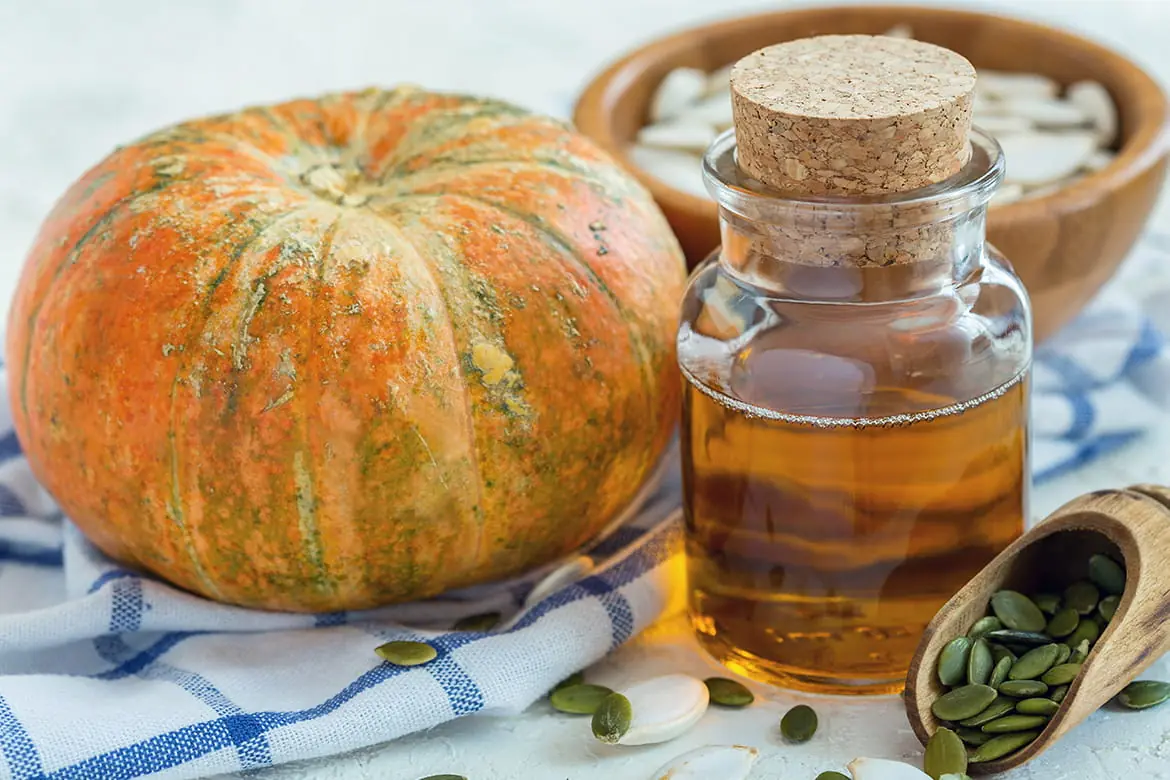
Drink Pumpkin Seed Water to Help Repair Your Body
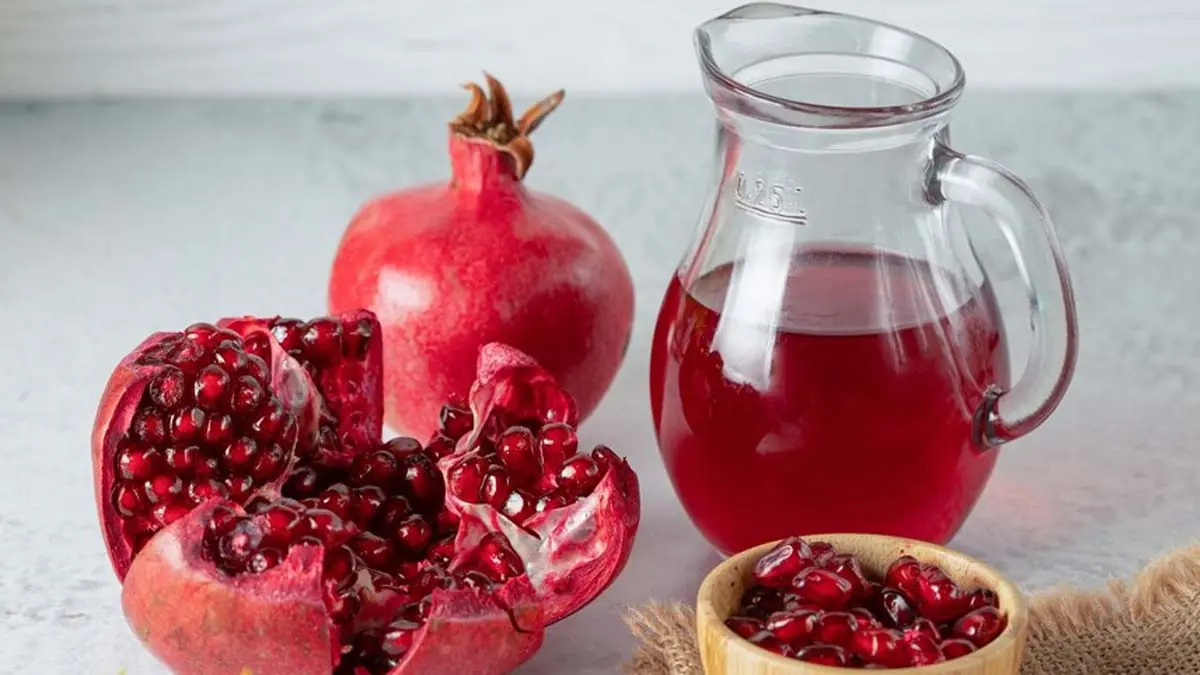
Drink One Cup Daily of This Juice to UNCLOG Arteries?
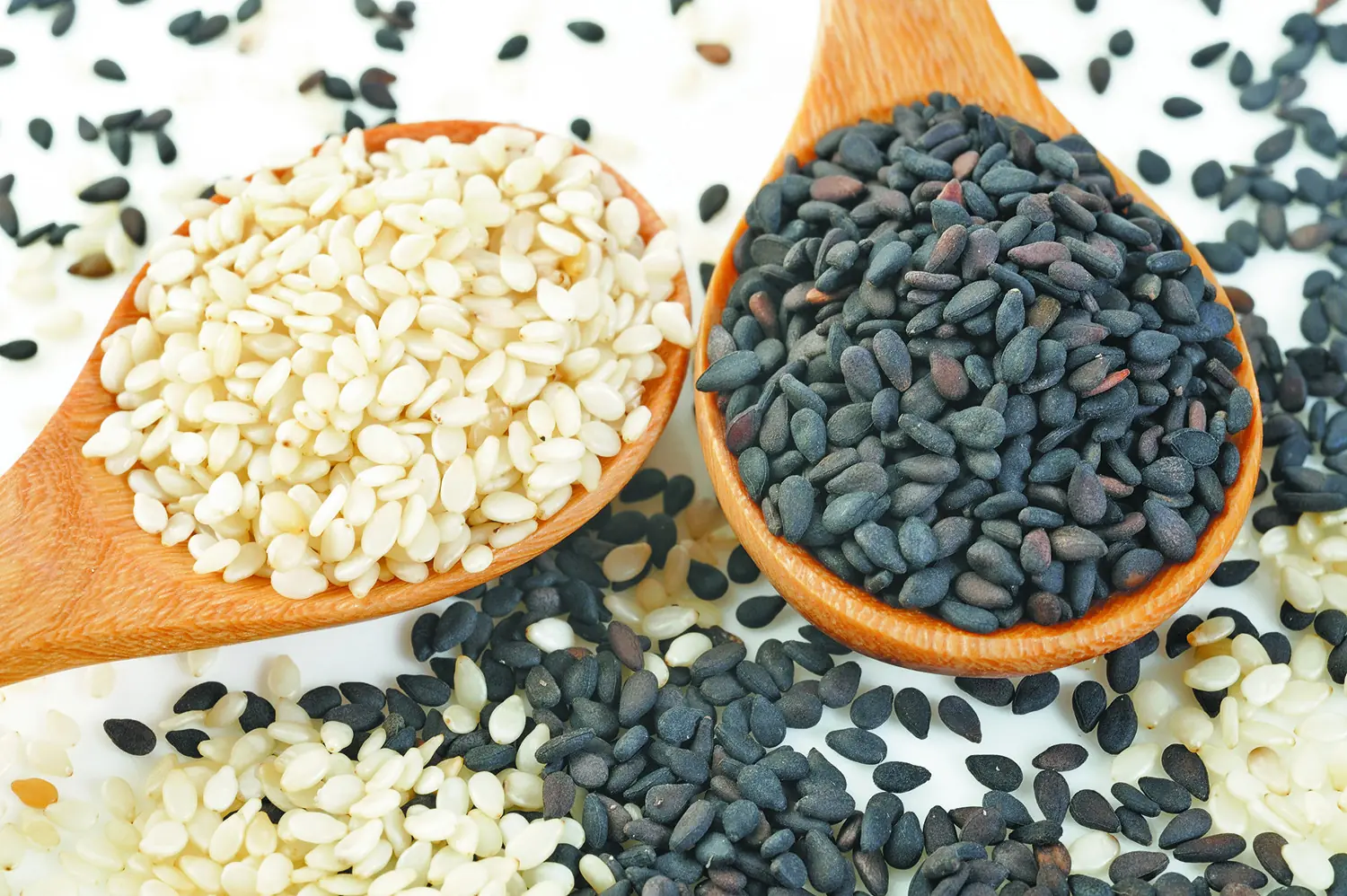
Eating Sesame Seeds Is Superior to Tylenol for Knee Arthritis

Drink Clove Water for a Whole Month And These 5 Things Will Happen

Say Goodbye to Styes

Scientists Claim Drinking A Cola Will Shorten Your Life Span By This Exact Amount
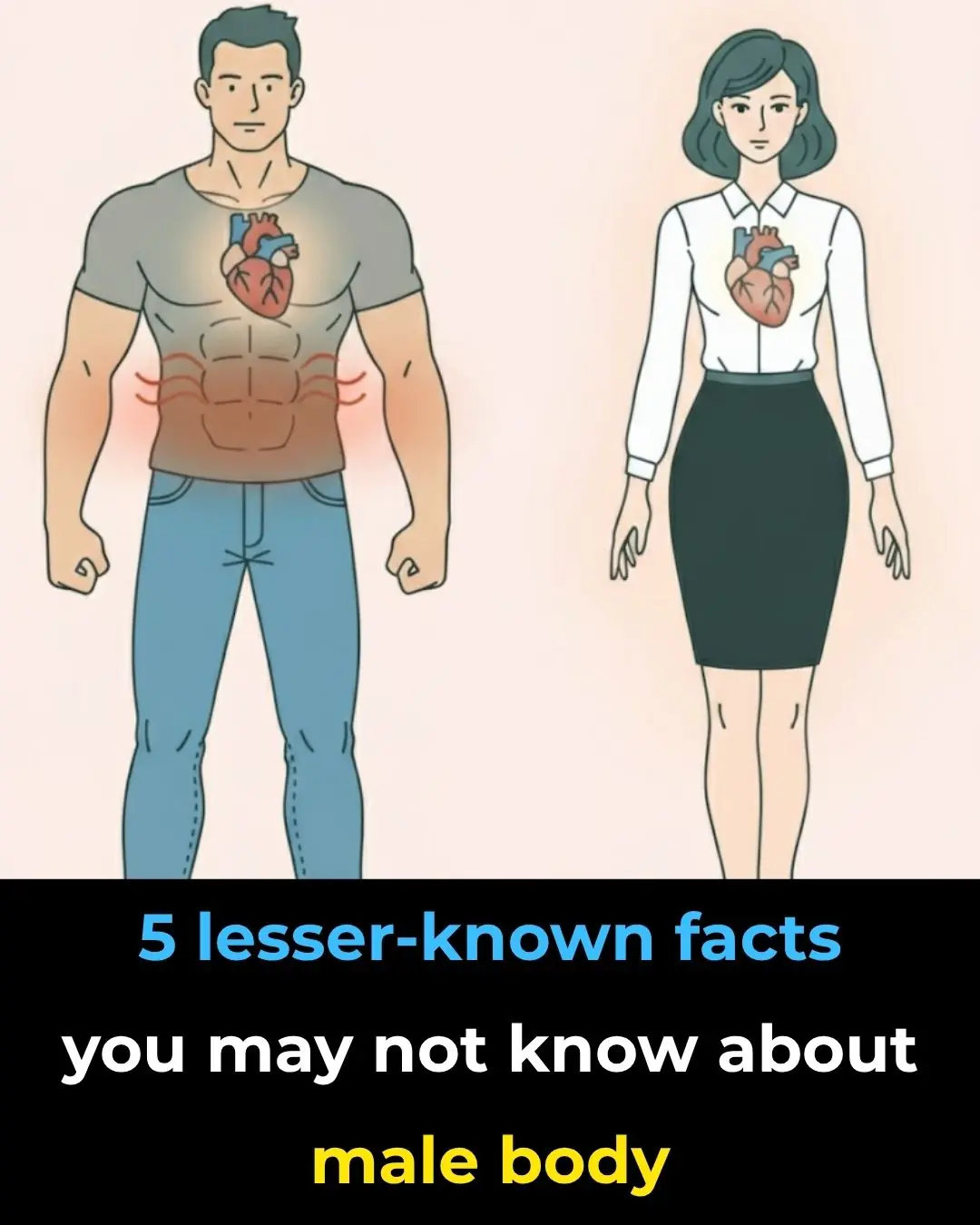
5 Lesser-Known Facts You May Not Know About Male Body

Man has stroke after bathing right after meal: 3 mistakes you shouldn’t make

The #1 way to flush microplastics from your body (It’s shockingly simple)

According to experts, consuming too much rice leads to…

Surprising reason why you should NEVER take a cold shower when it's hot
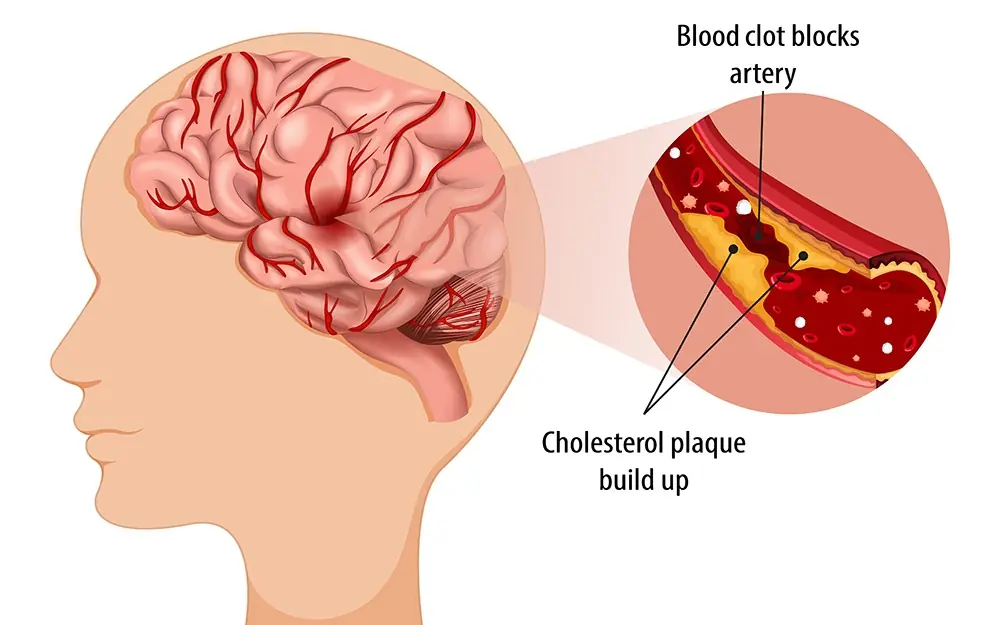
CLOGGED ARTERIES CAN CAUSE STROKES EAT THIS TO PROTECT YOUR BRAIN

QUIET SIGNALS YOUR BODY SENDS LONG BEFORE DIABETES IS DIAGNOSED

5 Foods to Help Prevent HEART ATTACK That Nobody Talks About
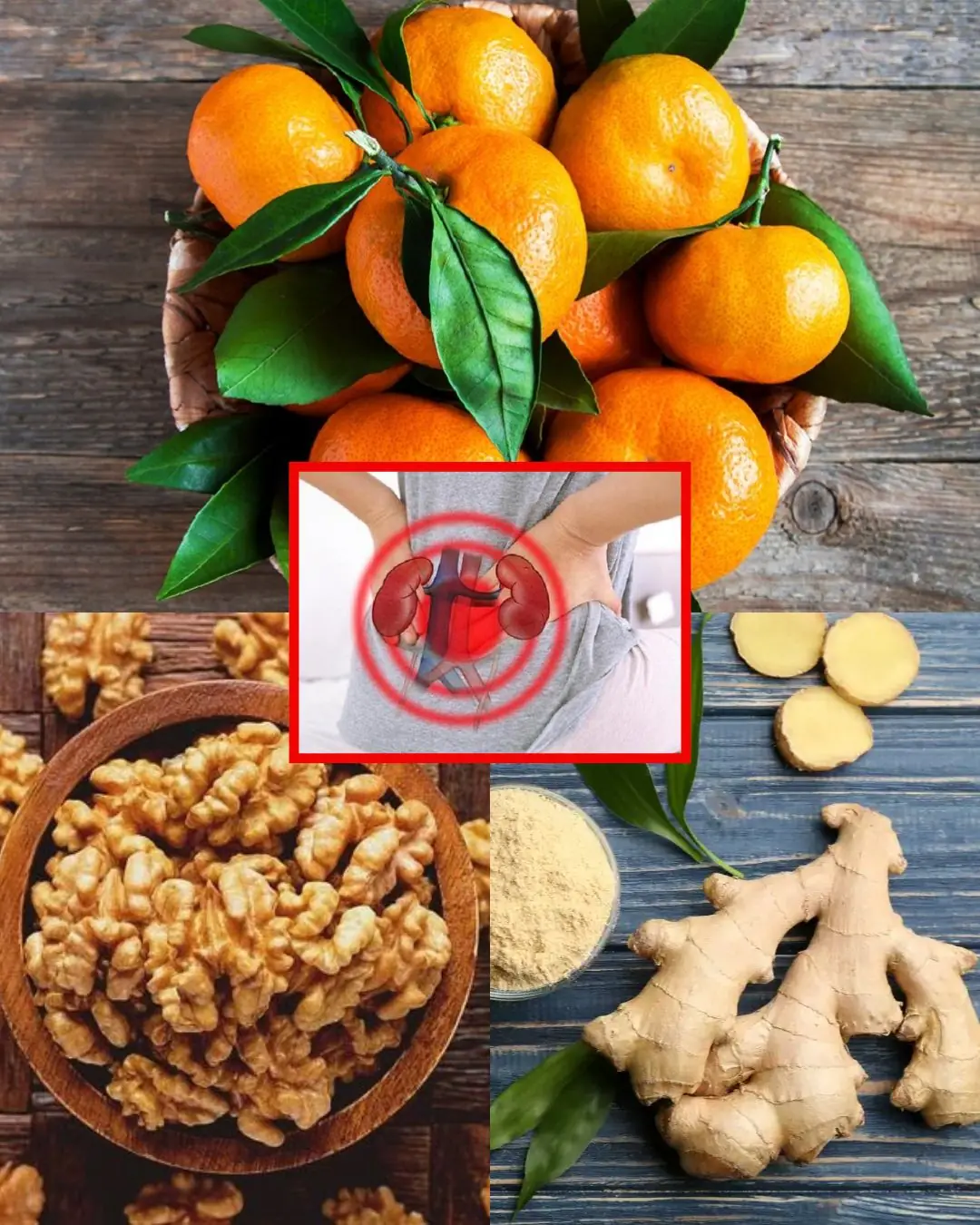
Powerful Natural Detox to Cleanse Your Kidneys, Liver & Lungs!
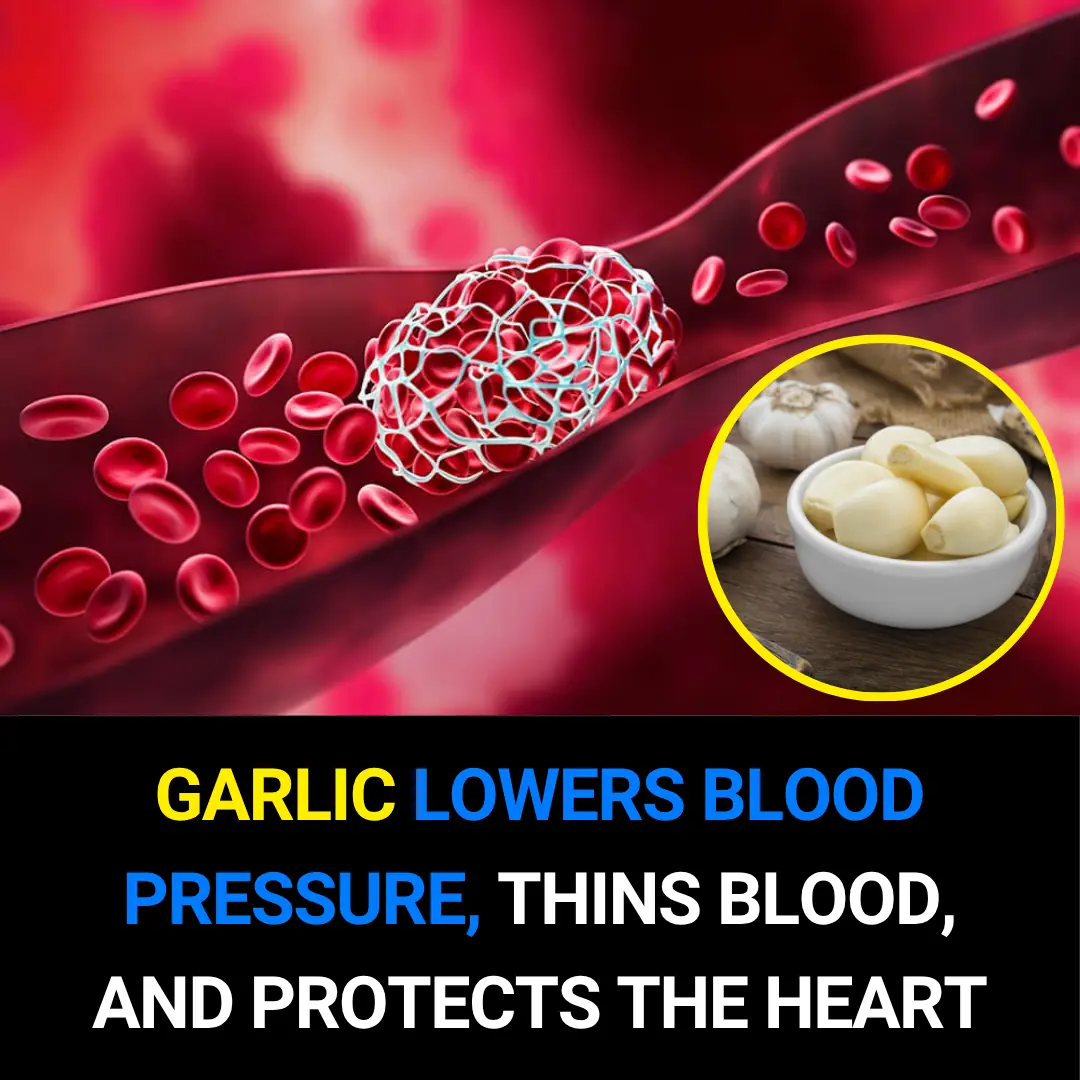
Eat Crushed Garlic to Clean Your Arteries and Prevent Heart Attack
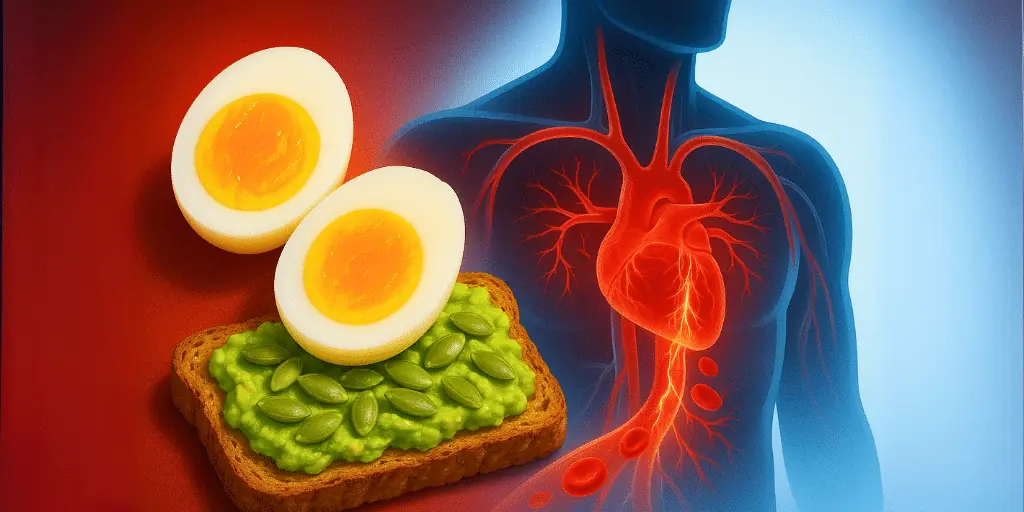
Men Over 60: Eat These 6 Breakfast Foods to Boost Blood Flow Naturally
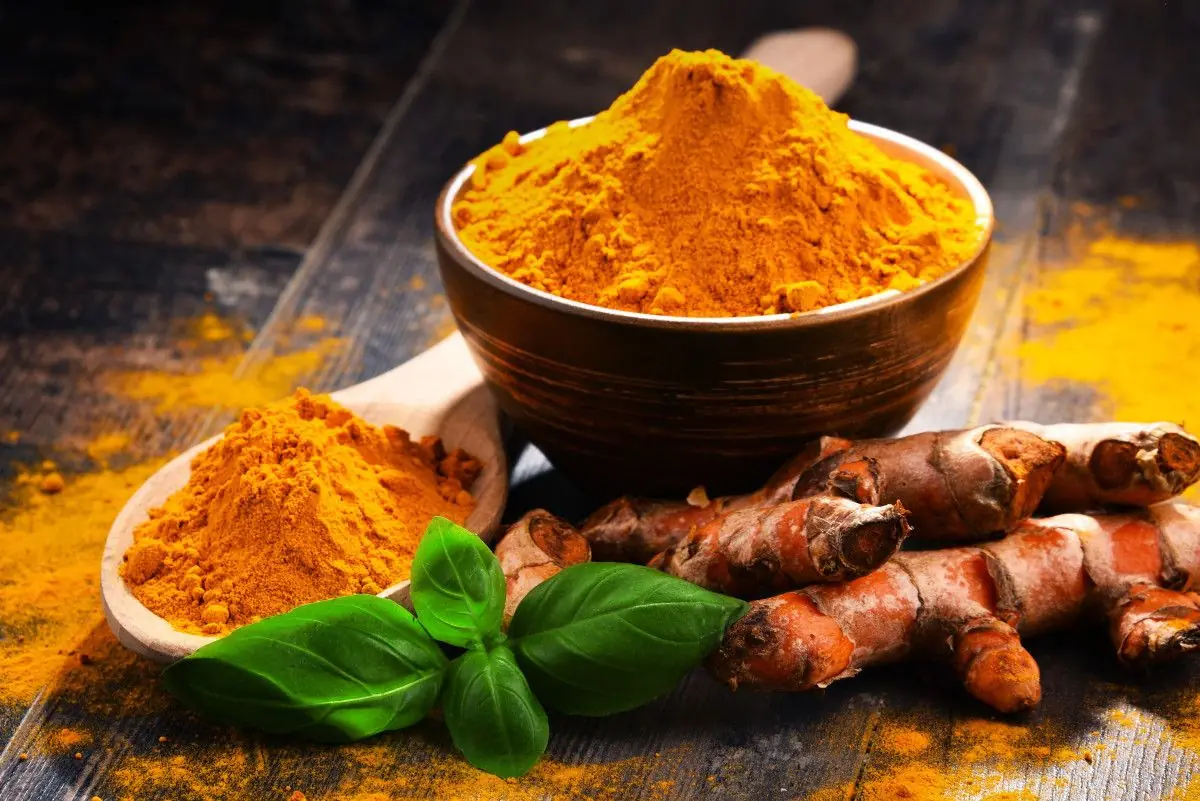
What Happens When You Take Turmeric Daily (PCOS, Diabetes, Joint Pain) – Evidence-Based
News Post
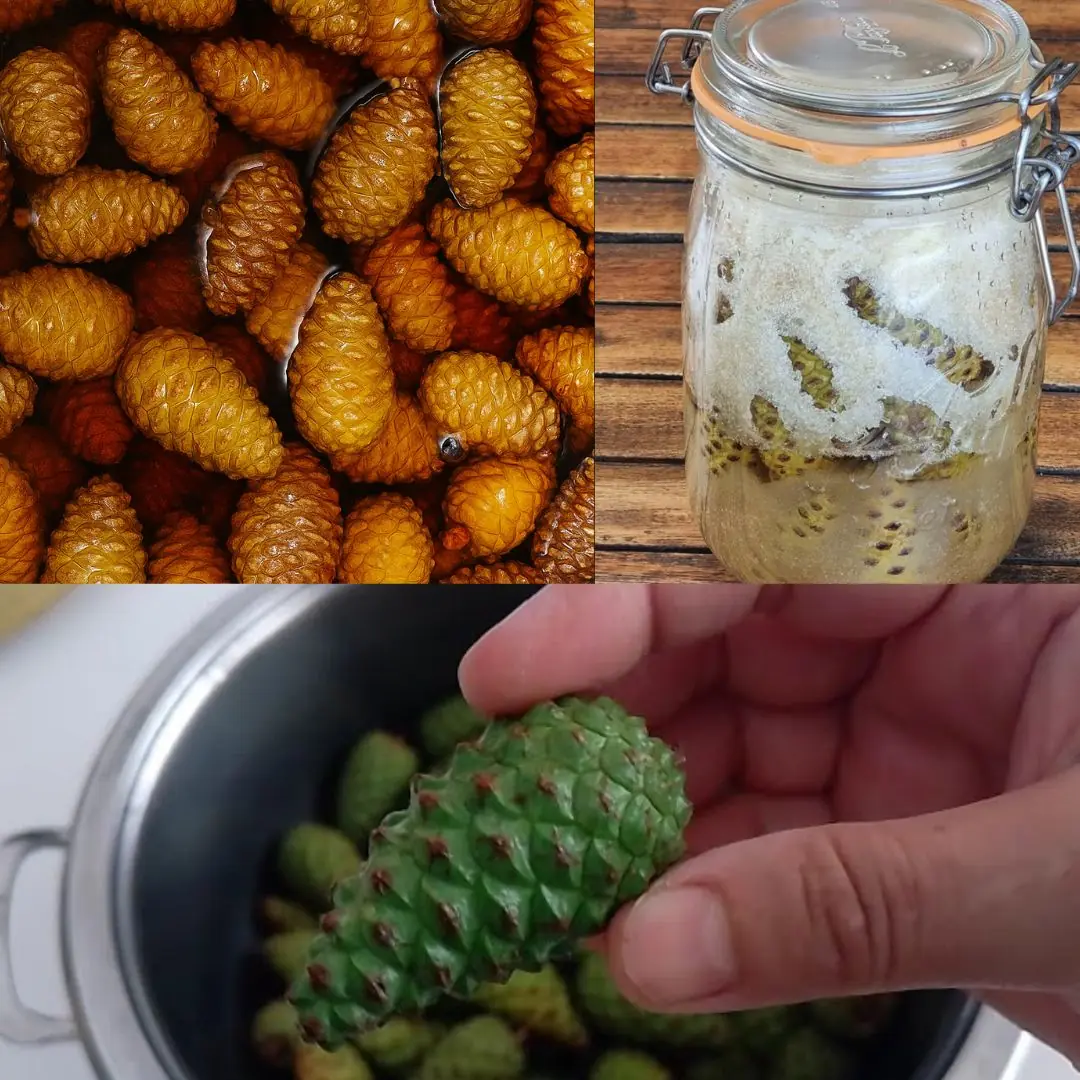
Pine Cone Syrup: A Newbie-Friendly Guide

Euphorbia Hirta: 9 key health benefits of this versatile plant

Scientists Create Revolutionary “Superwood” Stronger Than Steel and Completely Fireproof
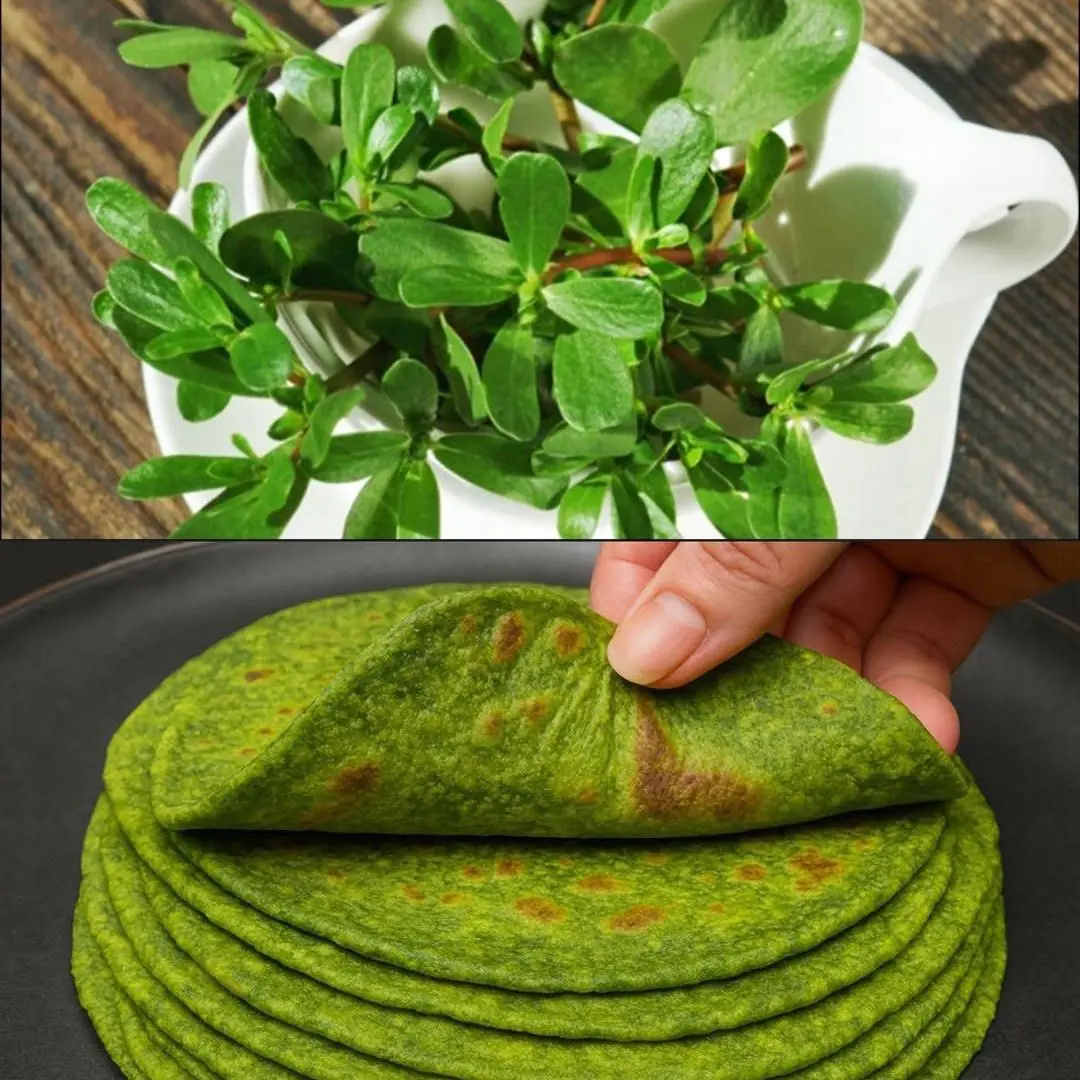
Why You Should Embrace Purslane in Your Garden: 8 Compelling Reasons

The Wondiwoi Tree Kangaroo Returns After Nearly a Century of Silence
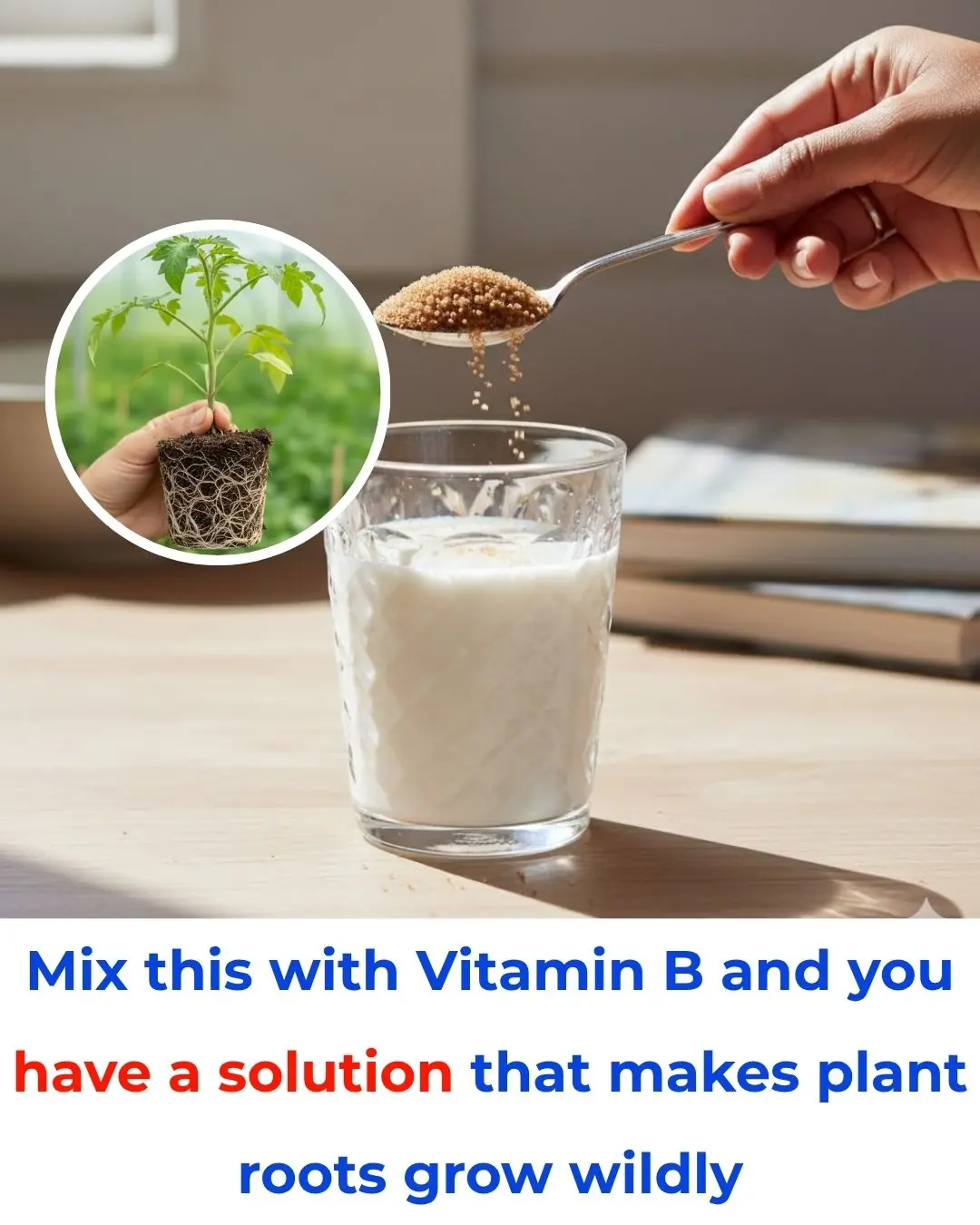
Mix this with Vitamin B and you have a solution that makes plant roots grow wildly

To make french fries, some people freeze them, others blanch them, but here's the chef's secret to making them as crispy as in restaurants

Drink Pumpkin Seed Water to Help Repair Your Body

Why do many men love married women more than single women?

Drink One Cup Daily of This Juice to UNCLOG Arteries?

Why smart people never put hot and cold water dispenser in the house? Listen to the explanation and you will understand immediately

Drop a burning match into the toilet: Just 1 minute later you will see something surprising, it immediately solves a problem every household needs

5+ Things That Men Actually Notice About Women

Eating Sesame Seeds Is Superior to Tylenol for Knee Arthritis

This Is the Most Attractive Hobby a Man Can Have, According to Women

Drink Clove Water for a Whole Month And These 5 Things Will Happen

When Staying Alone at a Hotel or Guesthouse, Place Two Cups on the Door Handle—This Simple Trick Could Save Your Life

“I Grew Up With A Lot Of Ghettoness In My Life” | Cam Skattebo, The New ‘White Chocolate,’ Is The Toast Of New York
